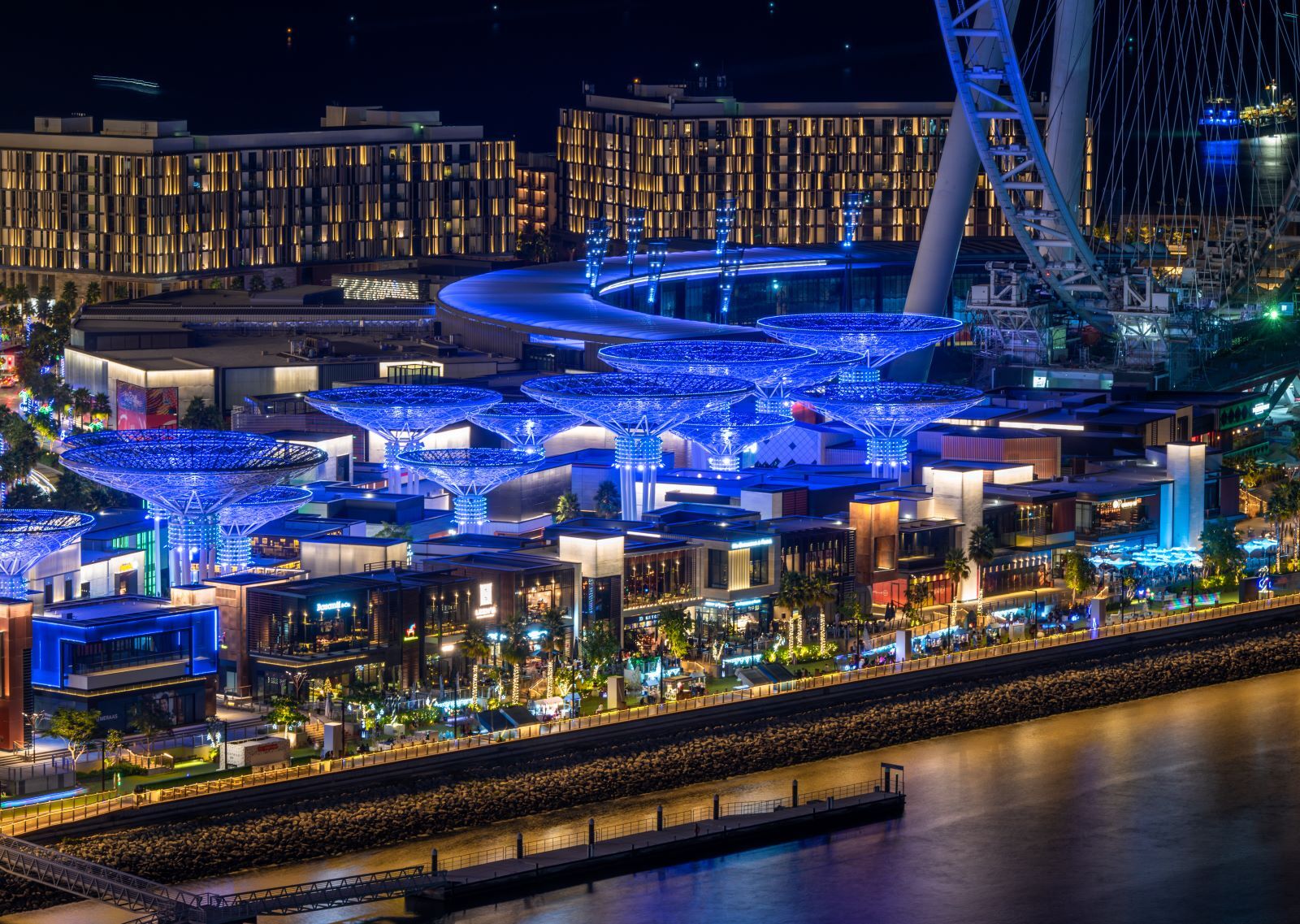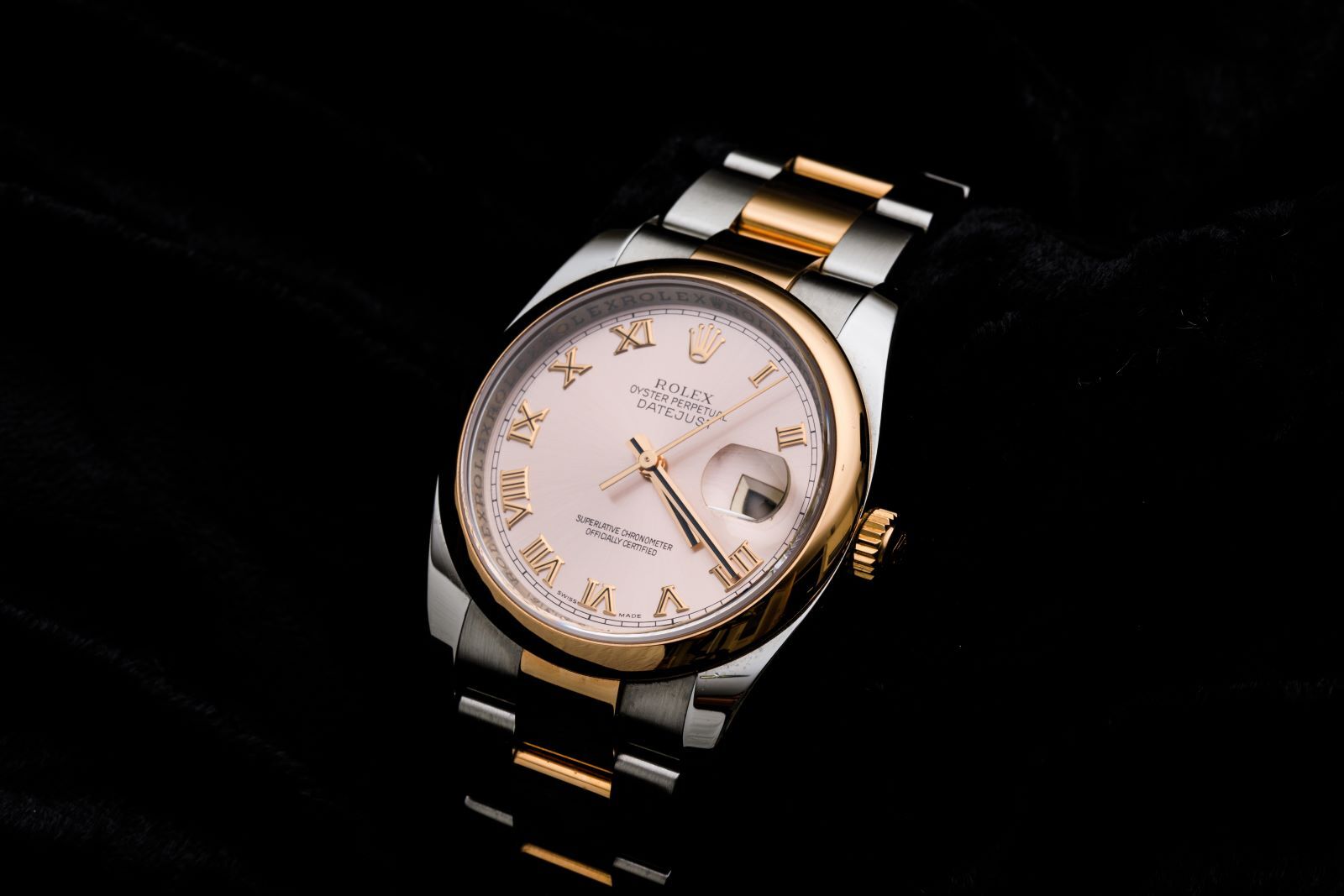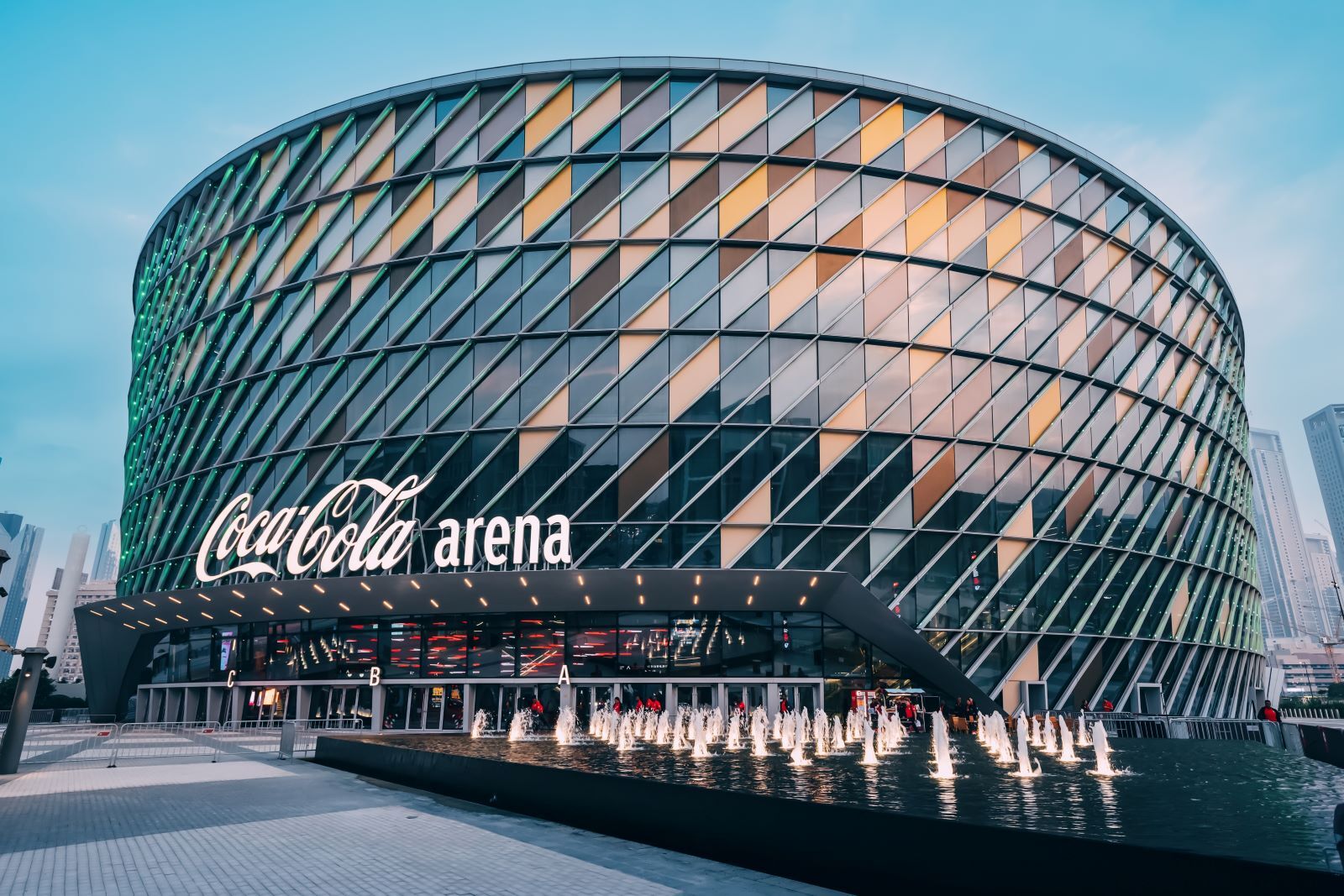Future Blockchain Summit 2025 – What To Expect, How To Attend
Published: 24 September 2025
This October, the Future Blockchain Summit returns to Dubai Harbour for its latest edition – a four-day gathering of founders, investors and financial institutions exploring the changing nature of value in a digitised world. Now in its seventh year, the summit forms part of broader GITEX Impact and Fintech Surge and is one of the most important events in the global Fintech calendar. Here, the conversations move well beyond Bitcoin and broader cryptocurrency hype to explore how blockchain can be used to transform the economic fabric of society itself. This year’s event brings together over 250 speakers and more than 1,200 investors, and for anyone interested in engaging with blockchain in a meaningful way, it’s one of the most closely watched summits.

What to Expect and How to Attend The Future Blockchain Summit 2025
The 2025 edition takes place from 12–15 October, with a full agenda of keynotes, pitch stages and closed-door roundtables touching on everything from regulation to technical architecture. Confirmed speakers include both industry heavyweights and newcomers, such as Binance’s Chief Security Officer Jimmy Zhigang Su, Solana Foundation President Lili Liu, and Helen Liu, co-CEO of Bybit.
General entry is open to the public, but the deeper programming (pitch sessions and roundtables, for instance) will typically be reserved for investors and delegates. Visitor passes to the main exhibition floor are free via the Future Blockchain Summit website, while delegate passes (AED 250) include access to workshops and networking events. A limited number of training passes are also available for AED 4,000.
Early registration is recommended, especially for those looking to attend networking sessions. Dubai Harbour is a 15-minute drive from DIFC and Downtown Dubai and is easily accessible by car or taxi (be sure to allow extra time for traffic as the event coincides with GITEX Global). While there are no formal dress codes, many attendees opt for business casual or formal wear.
Will It Explore the Relationship Between Blockchain and Real Estate?
Yes – and in a more grounded, application-driven way than in previous years. Real estate is one of the most active sectors experimenting with blockchain in the UAE, and this year’s summit provides a clear window into how that landscape is shifting. A key voice at the event is Elias Abou Samra, CEO of Rafal Real Estate Development Company, who brings the perspective of a large-scale developer navigating digital transformation across the region.
Panels and topics are likely to explore the practical role of smart contracts in streamlining property transfers; how tokenised ownership models might increase international participation in Dubai’s property market; and the feasibility of replacing conventional title deeds with blockchain-based deeds.
These ideas are already being put to the test in Dubai. Earlier this year, the Dubai Land Department collaborated with PRYPCO Mint to fractionalise the sale of two residential villas – both of which sold out in under 12 minutes. Elsewhere, Dubai’s free zones are experimenting with pilot projects, working alongside developers and proptech founders to bring blockchain into the boardroom.
Commenting on the DLD’s recent pilot to implement tokenisation on property title deeds, His Excellency Eng. Marwan Ahmed Bin Ghalita, Director General of the DLD, told media that real estate tokenisation is already emerging as “a revolutionary tool driving fundamental change” in the industry.
He added: “By converting real estate assets into digital tokens recorded on blockchain technology, tokenisation simplifies and enhances buying, selling, and investment processes. This aligns perfectly with Dubai Land Department’s vision to achieve global leadership in real estate investment, leverage technology to develop innovative real estate products, and foster an ecosystem that supports real estate innovation.”
The DLD predicts that roughly 7% of real estate transactions will be through tokenisation by 2033.
Central Bank Digital Currencies (CBDCs)
Another widely discussed topic at the summit this year will be Central Bank Digital Currencies. Often described as the next evolution of money, CBDCs are digital currencies issued and regulated by a country's central bank, representing a digital form of a nation's fiat currency (e.g. the dirham). Earlier in 2025, the UAE government unveiled updated branding for both the dirham and the digital dirham, signalling clear intent to integrate a national digital currency into its broader economic strategy. At the summit, attendees can expect deeper discussions on how CBDCs could be used to modernise cross-border payments, improve financial inclusion, and bring more transparency to monetary systems.
Sotheby’s and the Cultural Weight of Blockchain
While many of blockchain’s current use cases are technical, its cultural footprint is already well established, and Sotheby’s was among the first legacy institutions to engage meaningfully. In 2021, the auction house launched Sotheby’s Metaverse, the first dedicated NFT platform by a major auction house. The initiative quickly set new benchmarks: within months, Sotheby’s facilitated the $17 million sale of works by Pak and curated high-profile auctions with artists such as XCOPY and the creators of CryptoPunks. Through collaborations with platforms like Nifty Gateway and crypto-native curators, Sotheby’s helped introduce digital art to a broader collector base and made NFT auctions a fixture of the contemporary art scene.
Also in 2021, Sotheby’s sold a rare CryptoPunk for more than $11 million and began accepting cryptocurrency for some digital and physical artworks. The house’s approach positioned blockchain as an extension of its long-standing commitment to innovation and authorship, allowing digital works to be traded and collected with the same confidence as physical art.
Why Dubai?
Dubai is the de facto home of blockchain innovation, grounded in a practical, regulatory-first approach. The Virtual Assets Regulatory Authority (VARA) has established a clear framework for digital assets, while forward-thinking hubs like the DIFC Innovation Hub and DMCC Crypto Centre continue to draw talent and investment from around the world. The city’s connectivity – linking founders, family offices, and major venture funds – has nurtured a highly productive ecosystem for both startups and established players, and the Dubai Future Blockchain Summit 2025 is a reflection of that.



